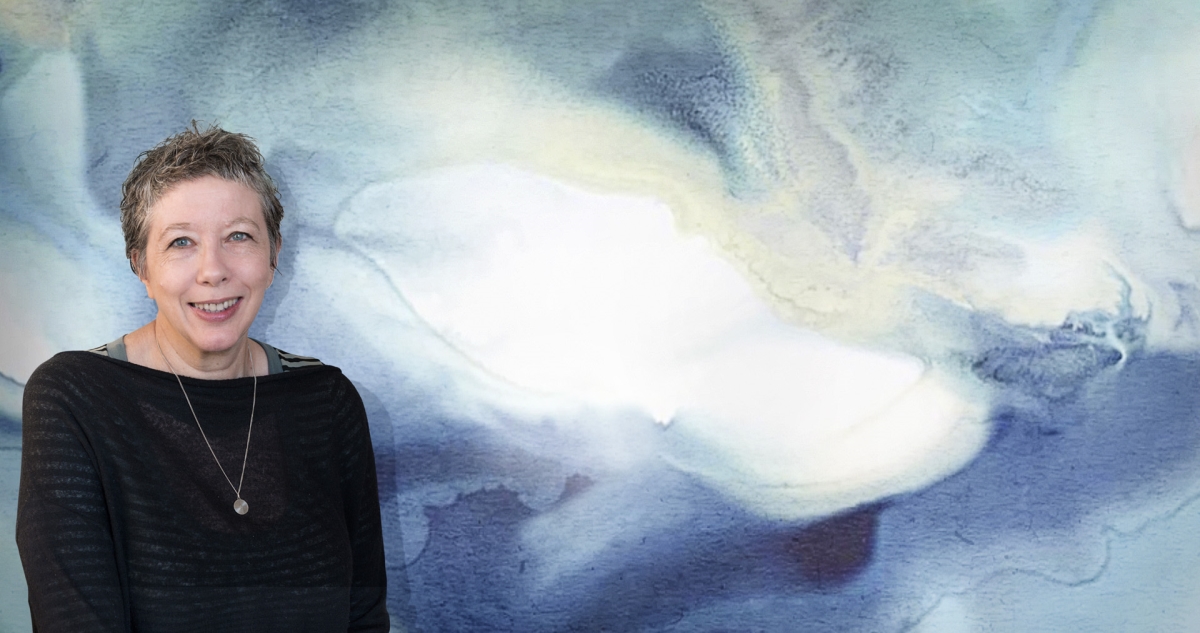Trouble Making Eye Contact
People with Complex trauma often feel uncomfortable with people they don’t know - and even with those they do. Making eye contact can be challenging in these circumstances. You may prefer to look down or away, rather than meeting someone’s gaze. This problem with eye contact is really a sign of Social Anxiety and is common in people who suffered emotional abuse in early childhood.
Bad Posture
Yep, that seems a bit weird, but for many people who suffered from emotional abuse in childhood, hunching or bending over is a way of protecting ourselves - and of hiding.
Chronic shame is something that people with C-PTSD live with everyday. Shame is an isolating and distressing emotion and has an ongoing impact on the body. People experiencing shame will often bow their heads, hunch their shoulders and lower their eyes - a posture that most of us recognise as being associated with shame.
In infancy and early childhood our bodies respond to trauma through physiological mechanisms designed to protect us from harm. The fear response is activated and blood flow is directed from the extremities to the core. This response can also be accompanied by muscle contraction and tension in the centre of the body. These unconscious mechanisms are part of the our body’s response to frightening and overwhelming experiences. They are automatic reactions designed to protect us from harm, but in adulthood they can be triggered in response to environmental cues. This is just one example of body based trauma responses - there are many others.
The mechanisms originally designed to protect us when we were too young to run or hide will sometimes be triggered in adulthood by events or interactions reminiscent of the original traumatic experiences which will not be directly remembered.
Sadness
This is not the same thing as depression. People with Complex trauma from childhood emotional abuse will often have a pessimistic view of life. They will be quick to take a negative approach to relationships and often feel that things are “hopeless” or that they will never succeed in life. The sadness is a kind of undercurrent permeating all areas of life.
Trouble Sleeping
People with Complex trauma will often suffer from anxiety and anxious thoughts. These thoughts will stop us relaxing and getting to sleep initially or getting back to sleep after waking in the night. The feelings and thoughts (for example feelings of worthlessness or shame) that we may be able to keep “under control” during the day through distraction and activity will often dominate our consciousness when we are trying to relax.
Lack of Trust and Dissatisfaction with Relationships
People with Complex trauma caused by emotional abuse in childhood will have internalised a negative view of relationships. They will usually have an insecure attachment style and will have trouble sustaining a meaningful relationship over time.
Often they will get into relationships where they will be doing a lot of the work - far more than their share. In some cases, they may end up in relationships where they are abused or where control and threats are part of the relationship. This can lead them to believe that relationships are not worth the effort.
Perfectionism
People with C-PTSD often feel they need to perform in order to be acceptable. They will strive to complete tasks perfectly within the allotted time and will often blame themselves if they cannot meet their own impossibly high standards.
The chronic shame and bad feelings they have about themselves will come to the surface in response to other people’s judgements or criticism as well as to their own feelings of failure when they make a mistake.
People Pleasing
People with Complex trauma will often try to be accepted and loved by attempting to please others. The lack of contact they have with their own feelings will lead them to try to gain the approval of others sometimes at the risk of their own wellbeing. Lack of boundaries is quite common. It is very easy for people with Complex trauma to take too much responsibility, and to have difficulty saying “no” or hearing it.
MORE ABOUT COMPLEX PTSD
C-PTSD from childhood trauma is substantially different from other kinds of trauma.
KEY POINTS
The complex trauma response is often caused by emotional abuse that happens during periods when a child is developmentally sensitive
The child’s brain is still developing and pathways and structures are being completed, pruned and modified by early experiences
Trauma that occurred during early childhood won’t be “remembered” or recalled in the same way as non-traumatic memories (implicit memory vs explicit memory)
Unlike in PTSD, flashbacks won’t be discrete images, sounds and events (like gunfire or explosions) but will be body-based reactions and emotions sometimes (if severe enough) triggering dissociation or loss of awareness
Complex Trauma from childhood abuse or neglect will often cause problems to do with a person’s experience of self or their identity, leading to feelings of worthlessness and chronic shame
Complex Trauma Can Cause
A negative self-view. Complex PTSD can cause you to view yourself negatively and feel helpless, guilty, or ashamed. You may often consider yourself to be different from other people. You may often feel worthless or like you can’t get anything right.
Negative beliefs and worldview. People with Complex Trauma often hold a negative view of the world and of people. They will have trouble trusting others and often have a disenchanted or wary view of relationships
Emotional regulation difficulties. Trauma causes people to lose control over their emotions. They may experience intense anger or sadness or have thoughts of suicide.
Relationship issues. Relationships may suffer due to difficulties trusting and interacting, and because of a negative self-view. A person with Complex trauma may develop unhealthy relationships because that is what they are used to.
Detachment from the trauma. People with Complex Trauma may dissociate, which means becoming detached from emotions or physical sensations. Dissociation is a coping mechanism which sometimes develops around the experience of trauma. The earlier or more severe the trauma, the more likely someone will dissociate in response to it. Dissociation then becomes an unconscious response to environmental triggers.
Lack of memory of the trauma People who have experienced early childhood trauma resulting in CPTSD often have no conscious memory of the trauma, but will have an underlying feeling of being “wrong” or “defective” or of something not being right.



















We’ve all heard of attachment. But what if I told you that it influences not just our relationships, but our personality and our self-esteem? in this post, I explain how.